Philips Sleep Headphones with Kokoon
Anyone shopping for reliable overnight earbuds won't be disappointed with the Philips Sleep Headphones with Kokoon. The earbuds are ultra-thin and comfortable, and the Kokoon companion app offers useful niche features like auto-fade. Though pricey, in need of a subscription fee to use the app services, and limited as an advanced sleep tracker, these sleep headphones are a good buy for anyone looking to mask environmental noises and fall asleep to comforting content.
My ideal bedtime routine is for my teeth to brush themselves as I stumble into pajamas and curl into a ball among an excess of pillows. In other words, I hit the sack hard, so if I am going to track sleep, it needs to be simple, comfortable, and easy to initiate.
The Philips Sleep Headphones with Kokoon introduce a unique sleep-tracking experience that stands apart from traditional methods I typically spend my nights testing like those you’ll find on smartwatches and smart rings. The headphones pack meditative experiences, sleep guidance, and the ability to keep tabs on your bedtime data. Above all, though, they offer the opportunity to tune into whatever you want to hear as you pass out. If you are only after truly base-level sleep specs and audio ambiance, they’re a pretty clever product. I don’t know that they are the best choice for me, but I am definitely more impressed than I expected.
Comfort where it counts
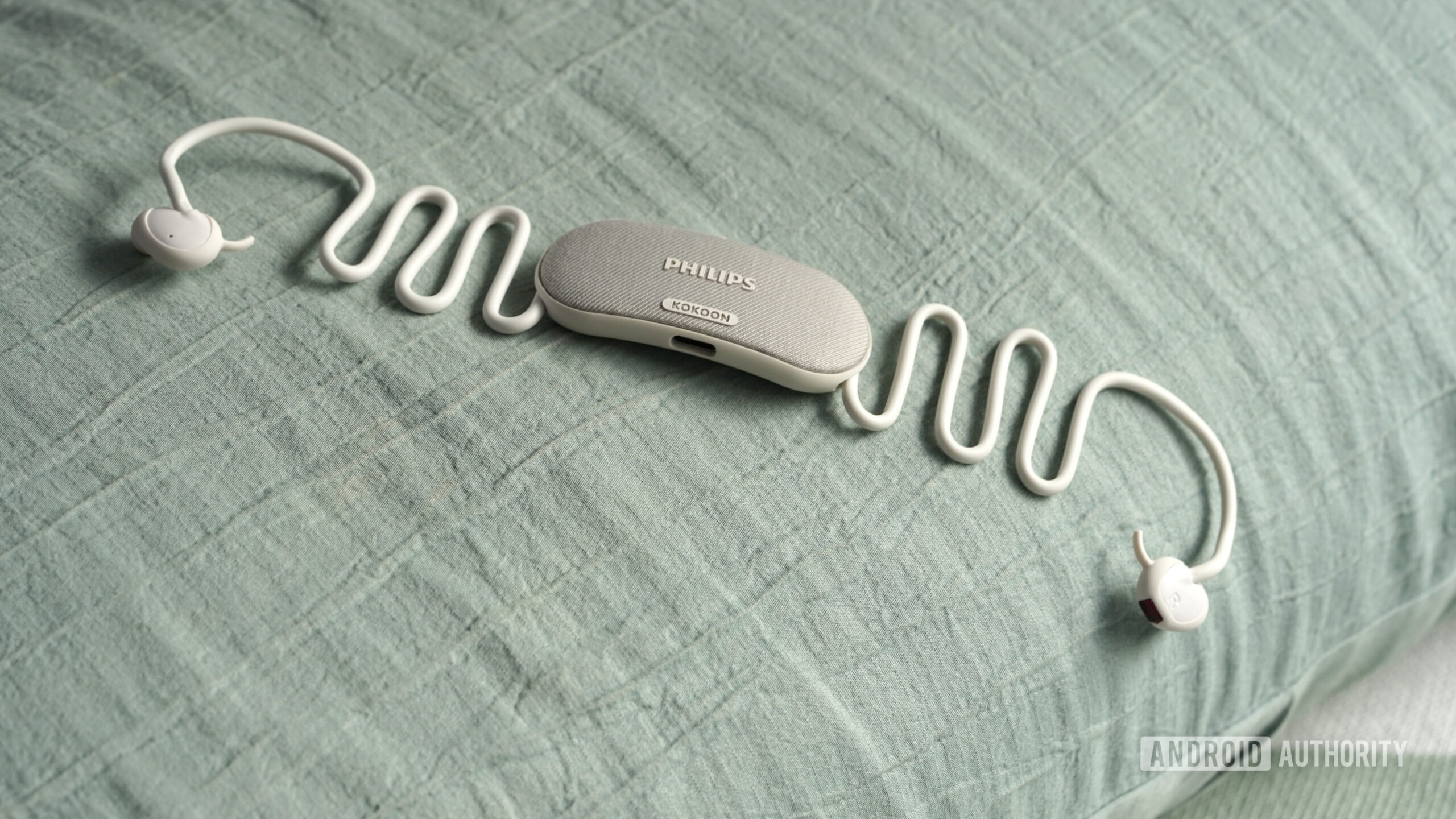
Kaitlyn Cimino / Android Authority
The most successful aspect of the Kokoon Headphones is the product’s design. At its center is a slightly curved, pill-shaped unit intended to be worn at the nape of your neck. Measuring just 7cm, it’s fairly unobtrusive and tucked under the natural curve of my head in a way that never got between me and my favorite pillow. Branching from each side of the unit is a squiggly line of wire ending in a petite earbud. Each unit ships with alternative tips so you can swap into the silicone that fits your ears best. The overall impression is somewhere between wired headphones and a long-armed sea creature.
Though a funky-looking set of earbuds at first glance, the Philips Sleep Headphones are very comfortable, and more importantly, they stay put.
Most importantly, I found the headphones quite comfortable, especially for side sleeping. The earbuds stayed in place each night I wore them and quietly joined me for many middle-of-the-night bathroom breaks and jaunts for ice water. I can’t say the same for other audio devices I’ve attempted to use in bed. In fact, my AirPods have even journeyed through the washing machine after disappearing into my bedsheets without me realizing. The first few nights, I did tend to remove the headphones, forgetting in my sleep state that they were all-night stats and not just for bedtime audio. However, the adjustment period was quick.
I was also afraid the wires would tangle in my hair and I’d wake up to a painful rat’s nest like the time I used a rubber band as a hair tie. Miraculously this was never the case despite how much my typical bed head implies I move around. All in all, the device is well-designed for overnight comfort.
A limited but useful tool kit
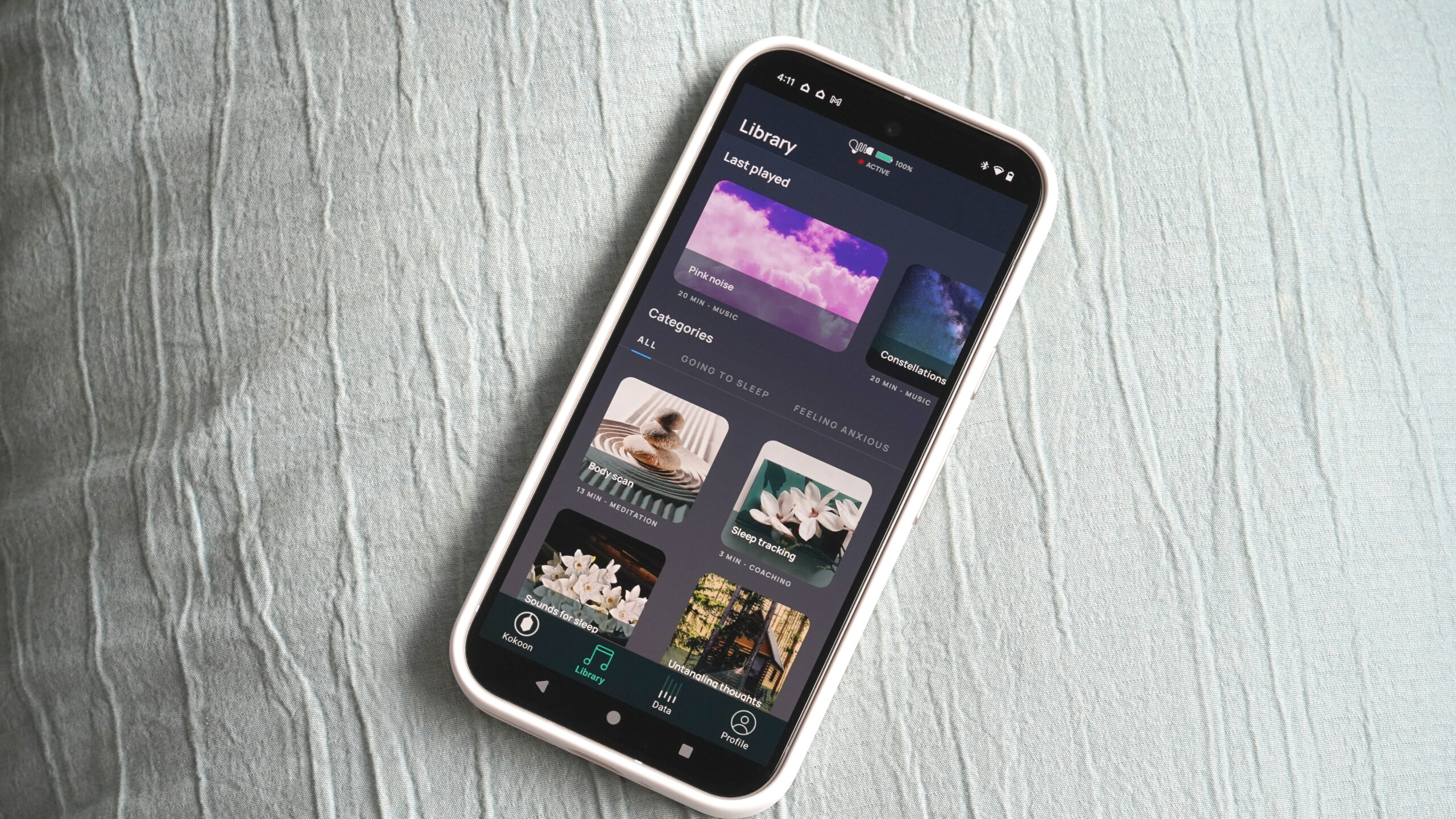
Kaitlyn Cimino / Android Authority
It doesn’t matter how comfortable something is if it doesn’t get the job done. In this regard, the headphones are a more nuanced sell. The device pairs with the Kokoon app, a simple companion app for managing your headphones that also houses a small hub of audio sleep resources. In the app’s Library tab, users find five categories of content: Going to Sleep, Feeling Anxious, Disrupted Sleep, Brighter Mornings, and Programmes. These files range from one minute in length to just shy of an hour and include a variety of formats, including music, meditations, coaching, stories, and white, brown, or pink noise (all of which sound like noise but are actually quite distinct).
Generally speaking, Kokoon’s library is a solid start, but it’s quite small, especially compared to popular apps like Calm. I tried out a bit of content from each format type and found the meditations satisfactory but the coaching pretty basic. The music includes mostly environmental sounds and is much more wind-down-friendly than my Spotify playlist. It turns out it’s a lot easier to fall asleep to mood-setting nature vibes than Lil Wayne.
The device pairs with the Kokoon app to offer users a limited library of sleep content and coaching.
With that said, the headphones can also be used to tune into your own personal audio as well. The headphones are compatible with Apple Music, Audible, Spotify, Calm, and Headspace. A deeply inconsiderate bedmate, I have a habit of playing audiobooks over my smart speaker at night, forcing my partner to buy into whatever book I’m on or retreat below a sound-smothering pillow. These Sleep Headphones gave us both the chance to hit the hay within our preferred soundscapes instead, mine being the wizarding world of Harry Potter, and his being silence.
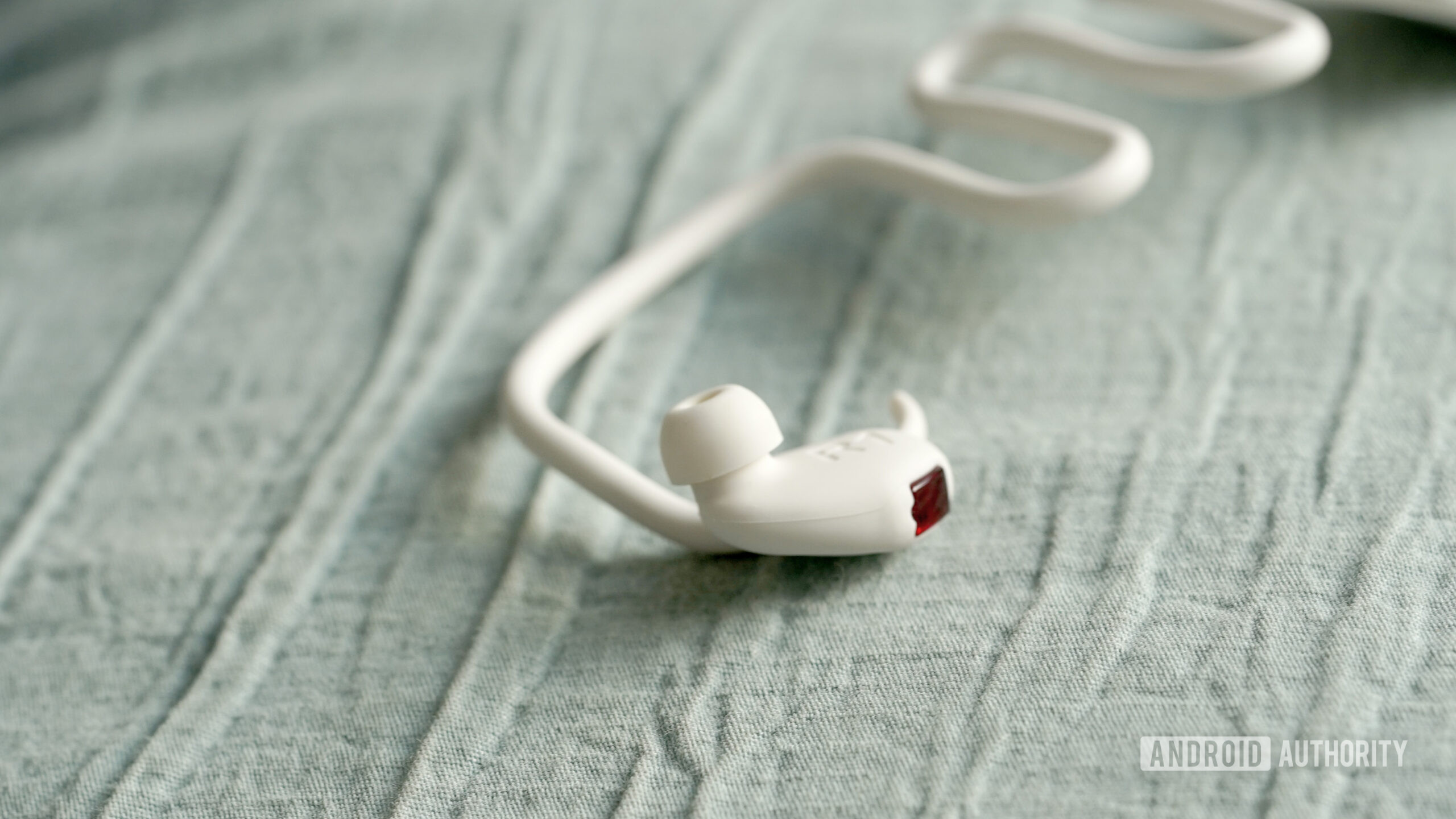
Kaitlyn Cimino / Android Authority
Notably, the headphones do not offer active noise canceling. Instead, Philips offers noise masking, which uses an ambient level of sound across the full spectrum of frequencies to drown out external sounds. I can verify the effectiveness of this method because I often struggled to hear my partner asking me questions, like “Can you hit the light?” once my headphones were on. The device also offers automatic audio fade-out, which gradually turns down your content as it detects you’ve fallen asleep. This can be set to hit silence or colored noise after a determined amount of time.
Actual tracked sleep data is limited to the basics.
Finally, unlike popular wearables that offer robust sleep-tracking platforms, the headphones only record bare-bones sleep data. With a small heart rate sensor tucked within the right earbud, the device records your total sleep including bedtime, wake time, and what time you slipped into sleep. Within the Kokoon app, you can review your sleep session timeline to check in on recorded sleep stages and view trends related to sleep time, bedtime vs target bedtime, and awakenings.
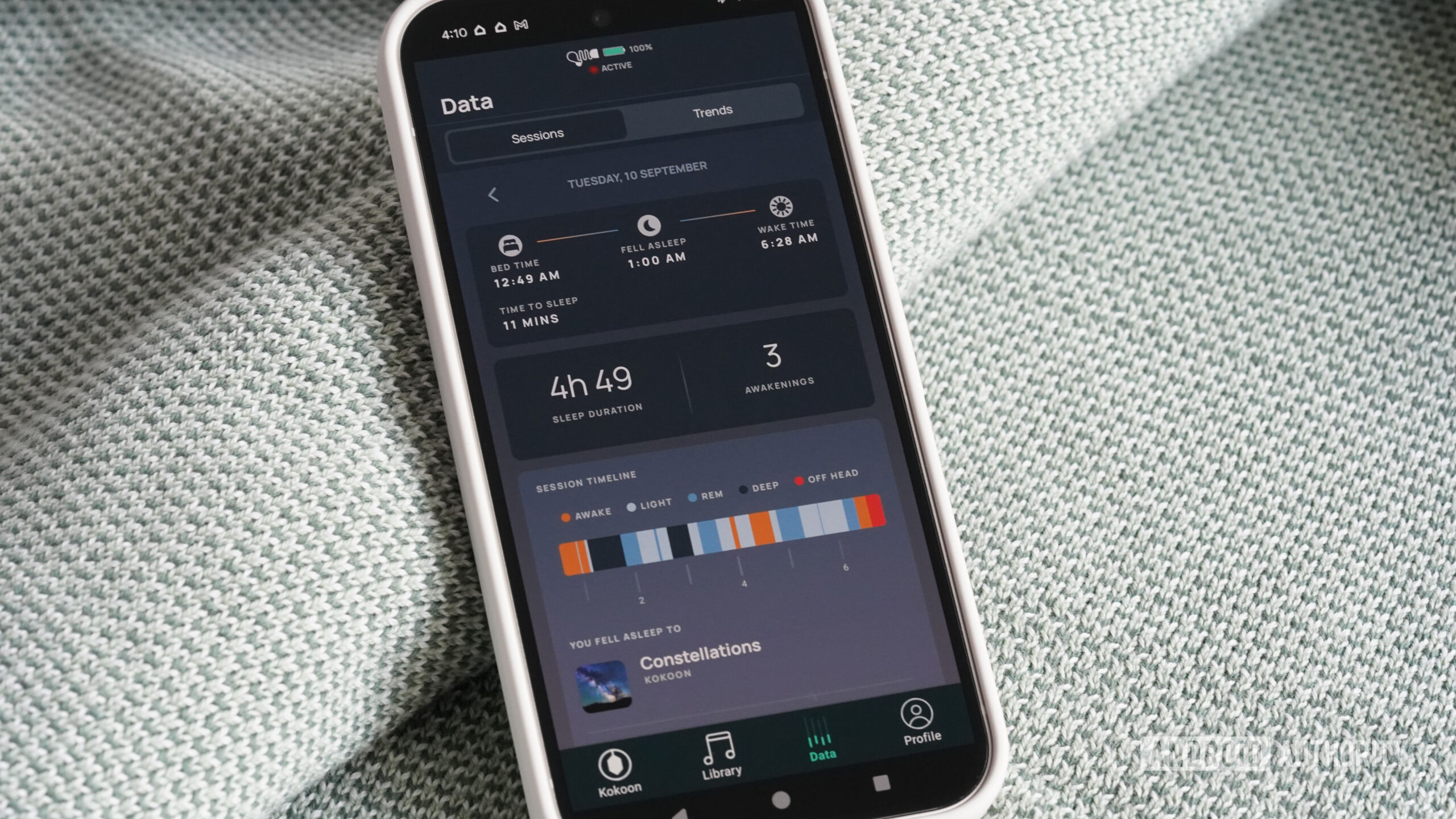
Kaitlyn Cimino / Android Authority
Again, the data is quite watered down. If you’re looking for more substantial metrics and guiding insights, this isn’t the sleep tracker for you. Still, the headphones did record very similar data to my Oura Ring and Apple Watch Ultra 2, especially in terms of total sleep duration. This is a good sign that while the device may only hit the basics, it does so with accuracy.
Product pains
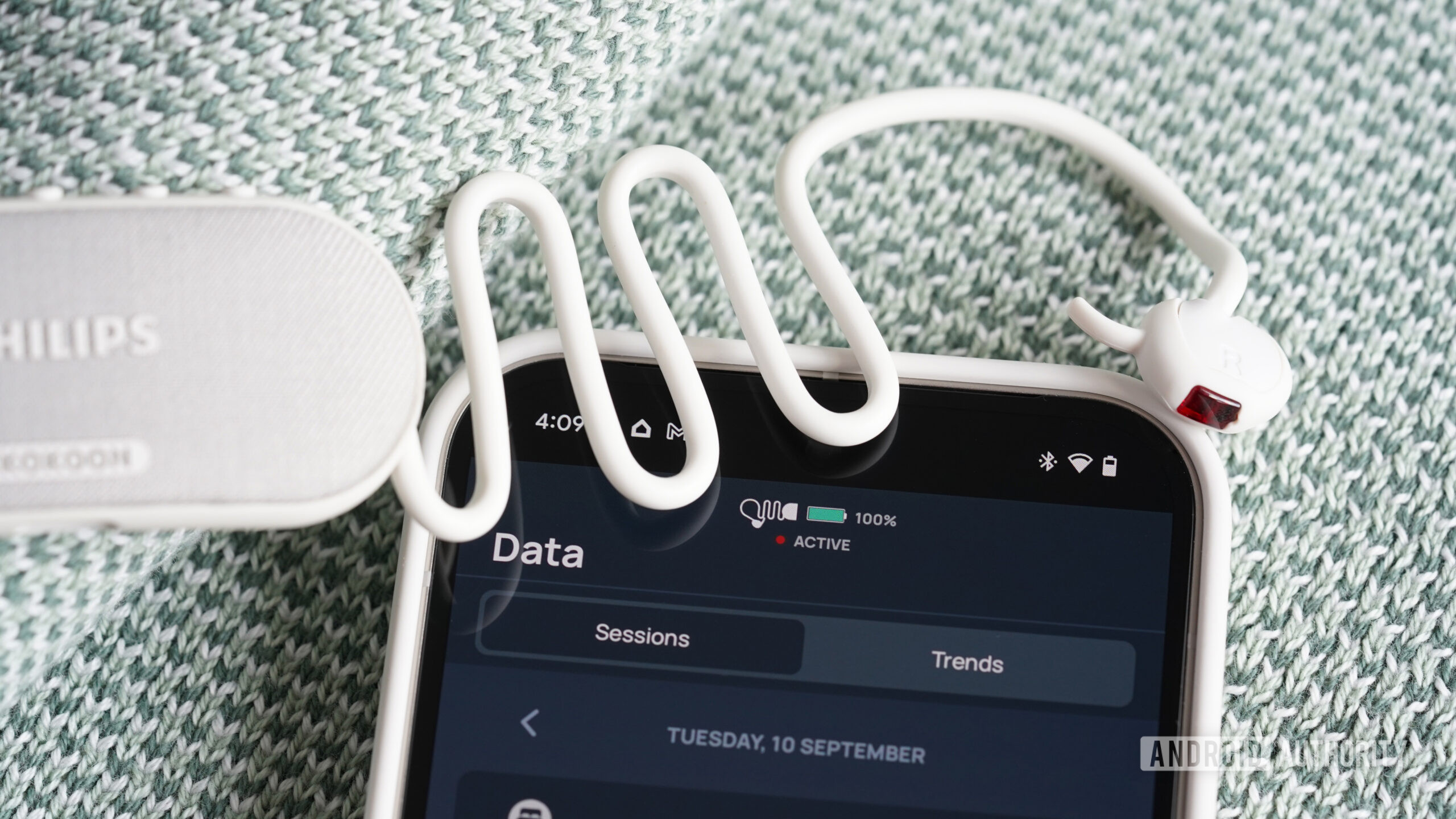
Kaitlyn Cimino / Android Authority
As with any device, the Philips Sleep Headphones with Kokoon do have some shortcomings. For starters, the Kokoon app requires a subscription. Users do receive a 12-month membership at purchase, but at the end of the year, renewing the membership costs $35 annually. This isn’t much, but the headphones are already pricey, and I resent ongoing fees at any denomination. I am also deeply irresponsible about canceling memberships I don’t use, and I feel like The Little Mermaid signing a witchy octopus’s contract every time I sign up for one I know I will inevitably forget about.
But I digress. Subscription aside, a set of headphones costs $230. If you’re coupled up and feeling generous, you can purchase two sets of headphones for $460. In case you didn’t mentally do that math, the price is the same whether you buy a solo set or a two-pack. I don’t know why they list the Couple’s Package at all if it doesn’t provide savings, but here we are.
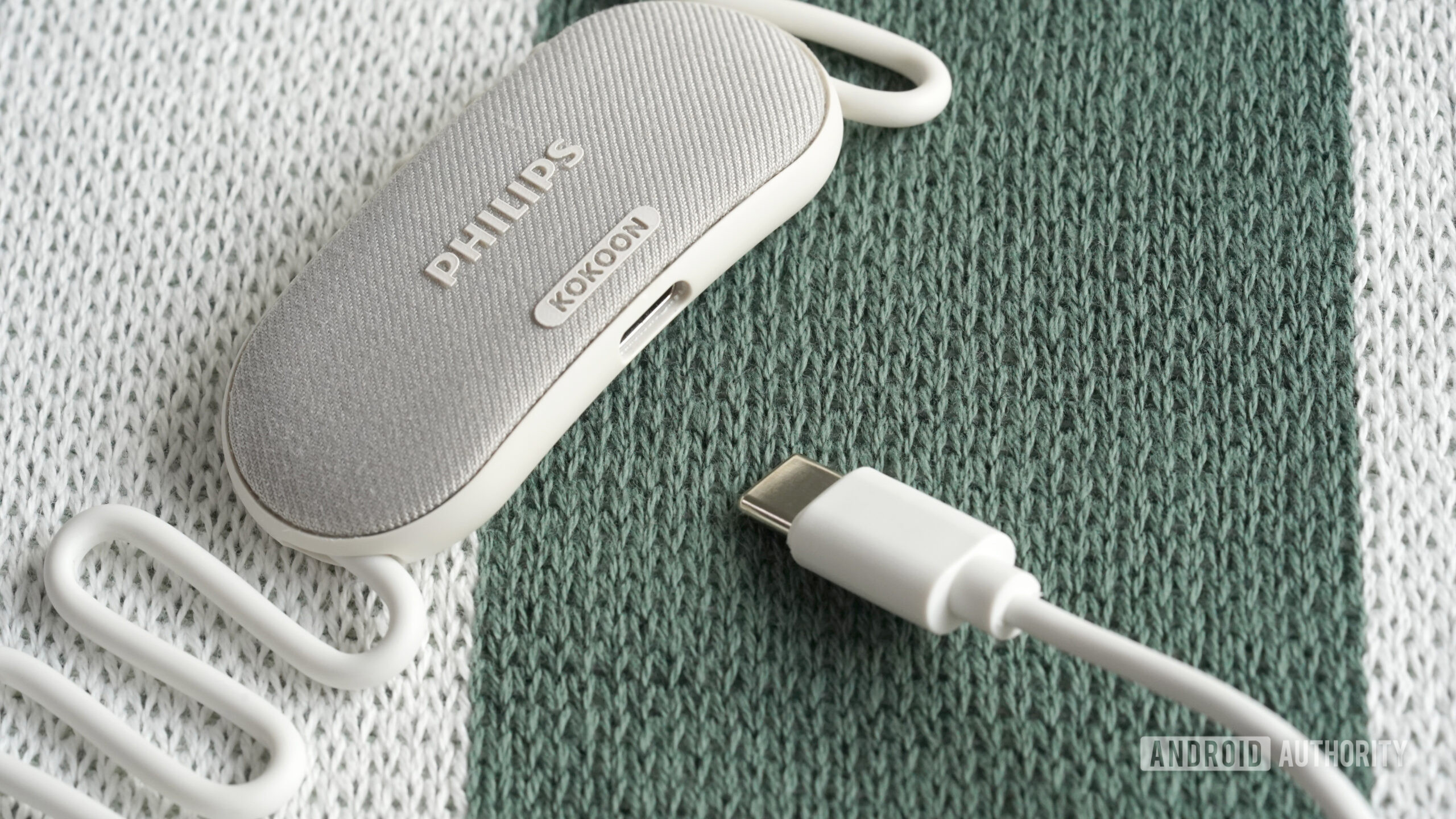
Kaitlyn Cimino / Android Authority
Lastly, the battery life on the headphones isn’t anything to write home about, either. According to the company, the device offers up to 10 hours of music play per charge. On the evenings I started with 100% battery, I woke up with power measuring in the low 50s. By the time I tucked in the next night, the headphones weren’t charged enough to last another session. This is not great for a sleep tracker. Charging also takes about two hours via USB-C.
As I mentioned above, I like to expend minimal effort at night and prefer a device that won’t break my heart with low battery when I’m already emotionally committed to my bed. To avoid leaving users stranded with a dead device, many sleep-tracking smart rings offer nearly week-long battery life. Smartwatches typically offer less, but compensate with a substantially larger tool kit on top of sleep tracking. I would have loved to see these headphones land somewhere in the middle in terms of charge.
Philips Sleep Headphones with Kokoon review: The verdict
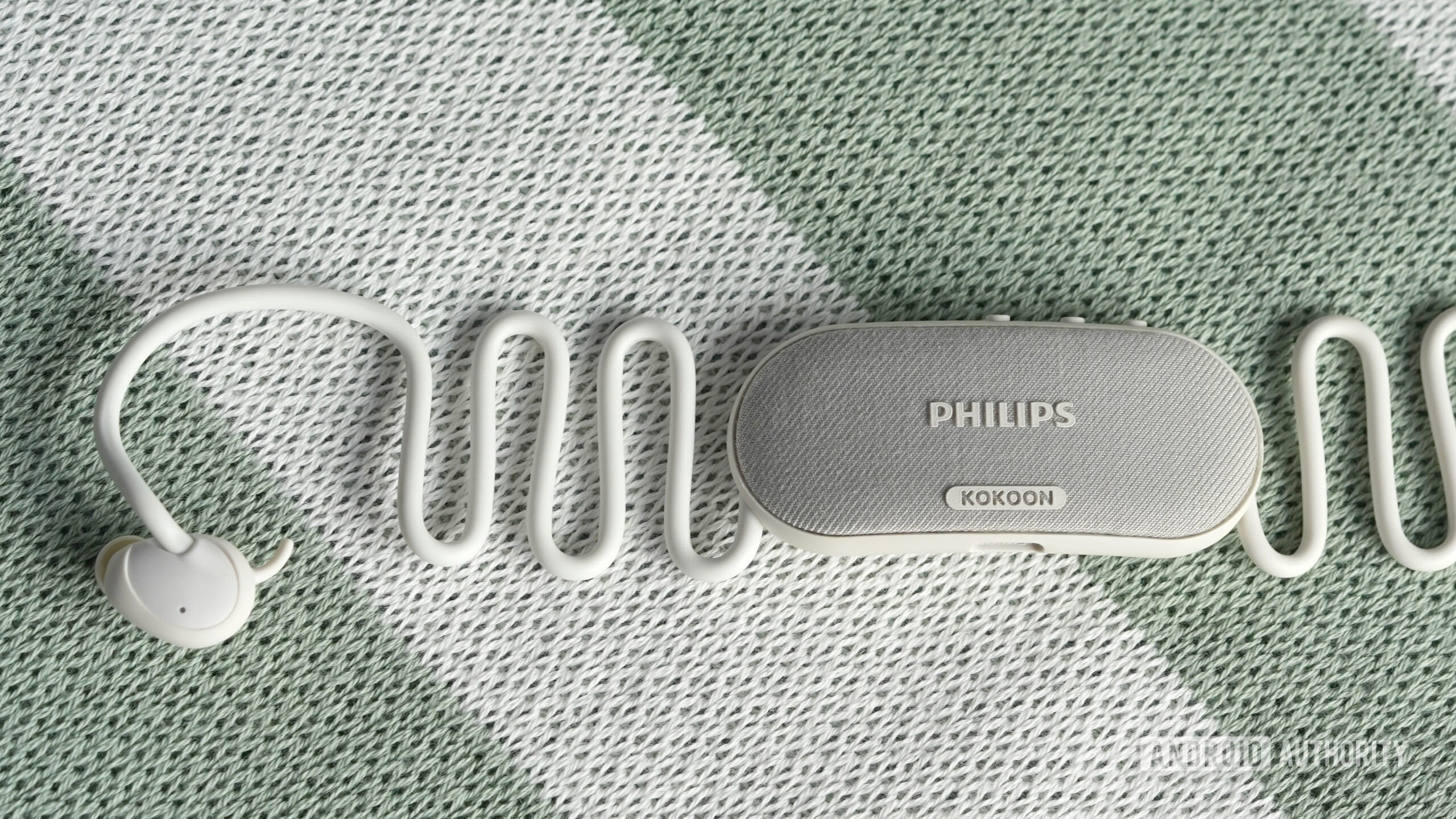
Kaitlyn Cimino / Android Authority
The Philips Sleep Headphones with Kokoon are a unique option within the sleep tracking market. Rather than a dedicated tracker with a data-driven companion app, the headphones are more of a bedtime companion, offering calming audio tools and content or access to the favorites already on your phone. They’re comfortable and effective, and can further elevate users’ bedtime with unique features like auto-fade.
As far as traditional tracking, however, the headphones aren’t in the same league as something like the Oura Ring. The Kokoon app is very simple and the data the device collects is foundational at best. In other words, unless you are specifically looking for headphones, not a dedicated sleep tracker, there are better options.
The Philips Sleep Headphones with Kokoon are a solid buy for anyone looking for bed-friendly earbuds, not necessarily an advanced sleep tracking device.
I can’t express my bias enough when it comes to sleep tracking. I like comfort, convenience, and enough data to make tracking worth my time. I don’t need a device to know I sleep very few hours, but insights and guidance are abundantly welcome. I also selfishly just find it easier to play content out loud than wear anything else on my head when I’m already rocking a retainer and a mess of hair. If you are more considerate and you’re just here for the basics and a tuneful night’s sleep, the Sleep Headphones are a solid buy. But at this price (plus a necessary subscription), anyone like me who is looking for detailed sleep data to pore over might be left wanting a little more.

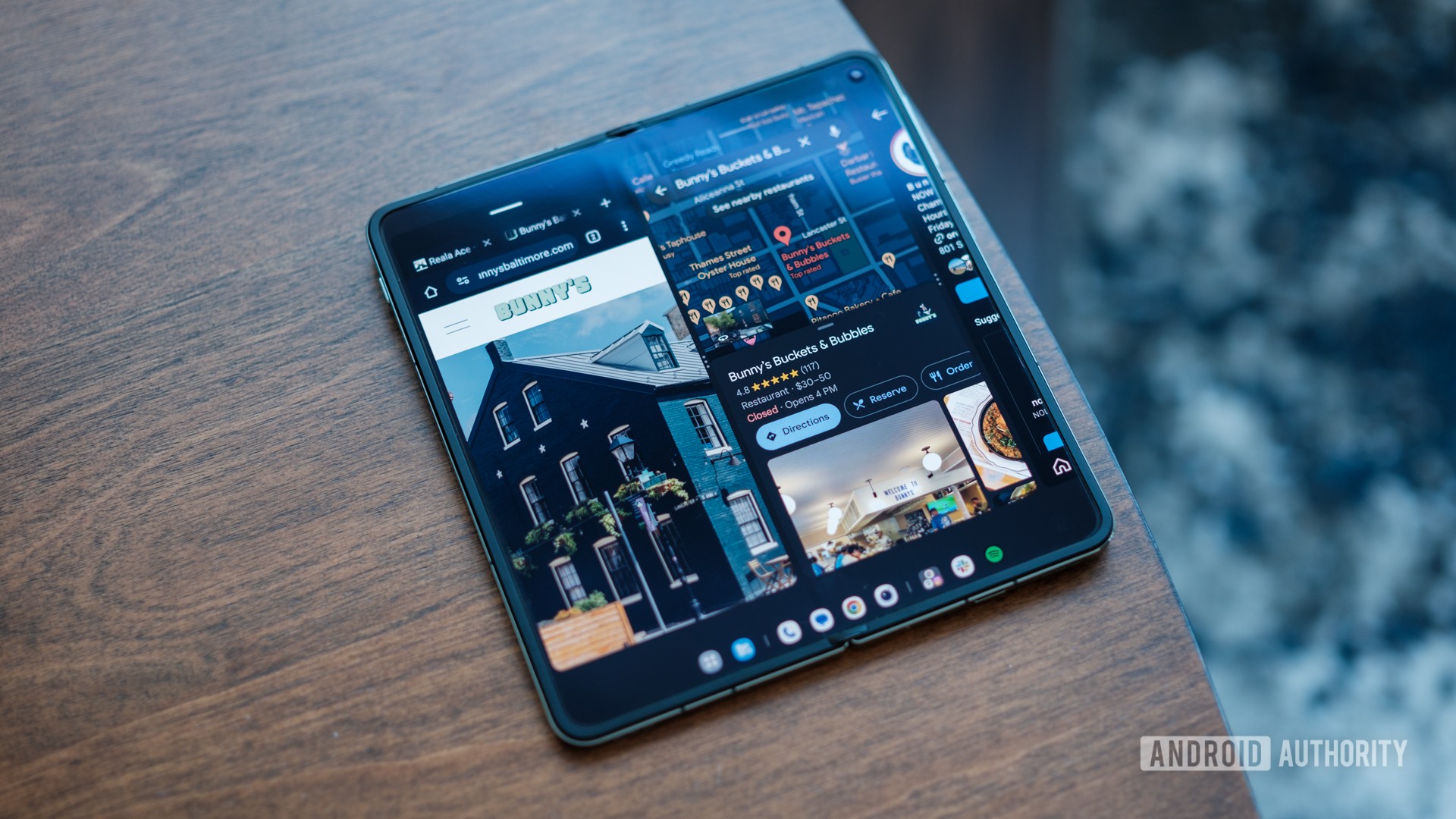
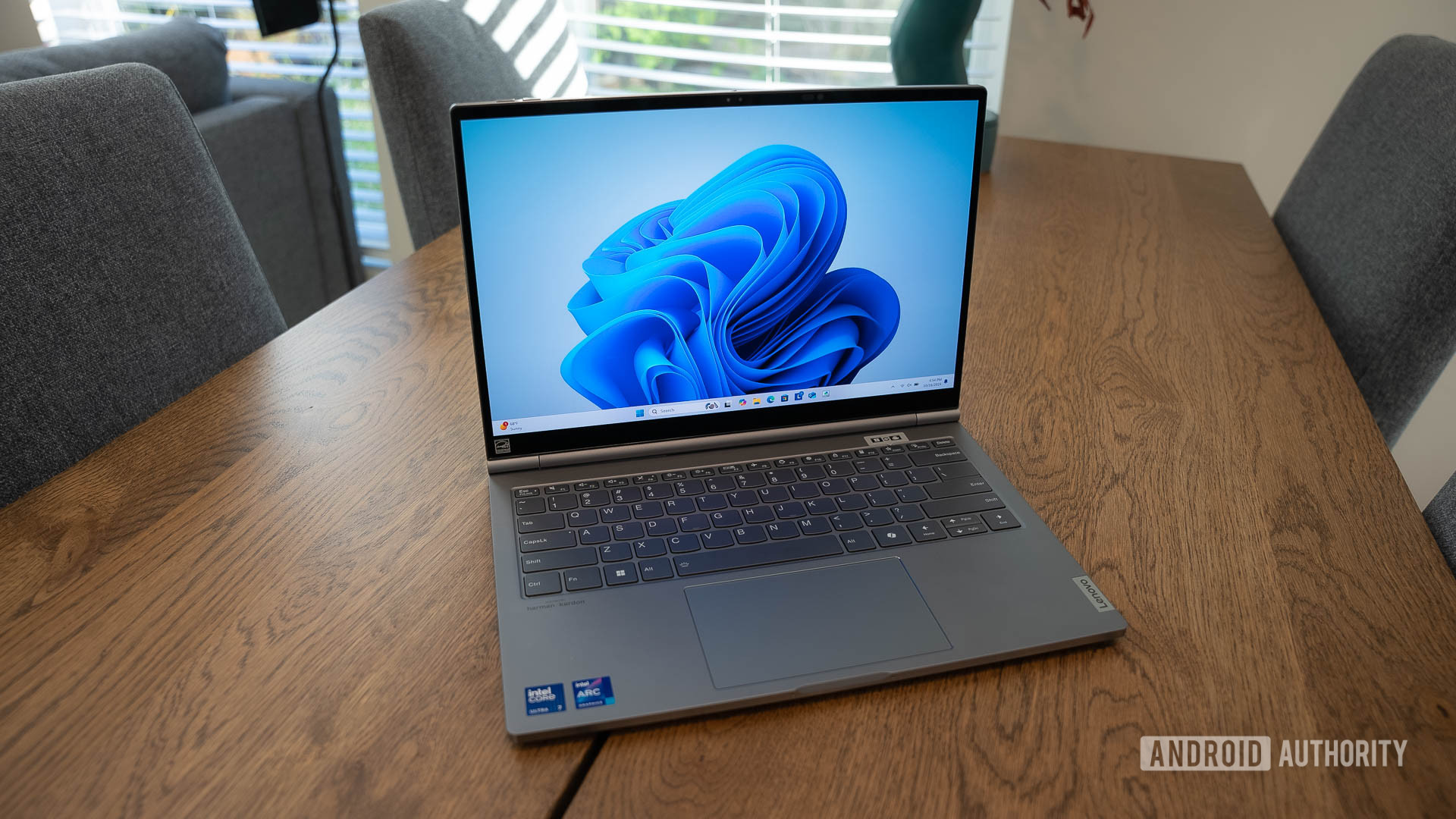




 English (US) ·
English (US) ·